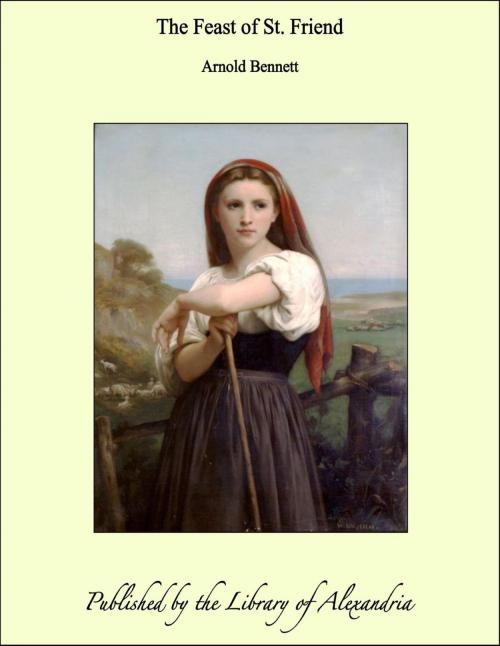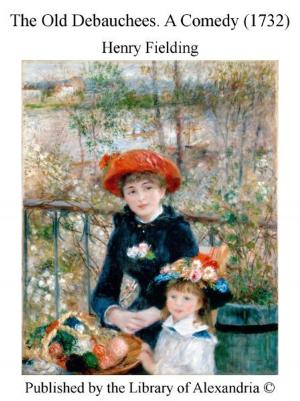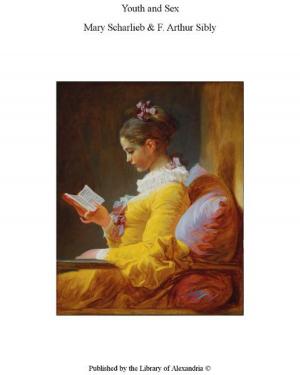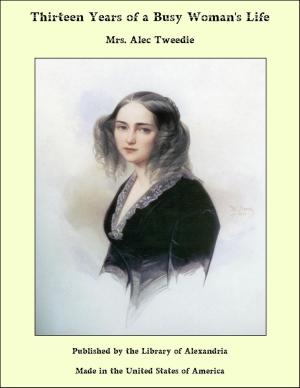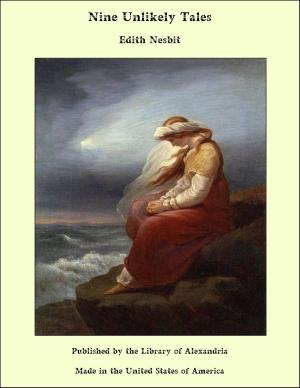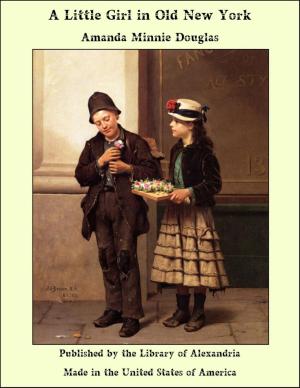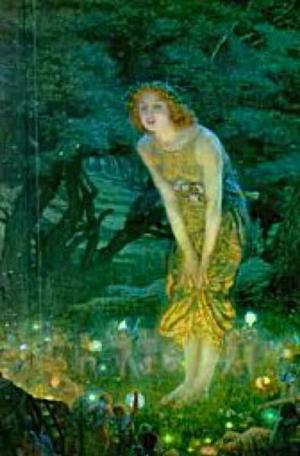The Feast of St. Friend: A Christmas Book
Nonfiction, Religion & Spirituality, New Age, History, Fiction & Literature| Author: | Arnold Bennett | ISBN: | 9781613105054 |
| Publisher: | Library of Alexandria | Publication: | March 8, 2015 |
| Imprint: | Language: | English |
| Author: | Arnold Bennett |
| ISBN: | 9781613105054 |
| Publisher: | Library of Alexandria |
| Publication: | March 8, 2015 |
| Imprint: | |
| Language: | English |
Something has happened to Christmas, or to our hearts; or to both. In order to be convinced of this it is only necessary to compare the present with the past. In the old days of not so long ago the festival began to excite us in November. For weeks the house rustled with charming and thrilling secrets, and with the furtive noises of paper parcels being wrapped and unwrapped; the house was a whispering gallery. The tension of expectancy increased to such a point that there was a positive danger of the cord snapping before it ought to snap. On the Eve we went to bed with no hope of settled sleep. We knew that we should be wakened and kept awake by the waits singing in the cold; and we were glad to be kept awake so. On the supreme day we came downstairs hiding delicious yawns, and cordially pretending that we had never been more fit. The day was different from other days; it had a unique romantic quality, tonic, curative of all ills. On that day even the tooth-ache vanished, retiring far into the wilderness with the spiteful word, the venomous thought, and the unlovely gesture. We sang with gusto "Christians awake, salute the happy morn." We did salute the happy morn. And when all the parcels were definitely unpacked, and the secrets of all hearts disclosed, we spent the rest of the happy morn in waiting, candidly greedy, for the first of the great meals. And then we ate, and we drank, and we ate again; with no thought of nutrition, nor of reasonableness, nor of the morrow, nor of dyspepsia. We ate and drank without fear and without shame, in the sheer, abandoned ecstasy of celebration. And by means of motley paper headgear, fit only for a carnival, we disguised ourselves in the most absurd fashions, and yet did not make ourselves seriously ridiculous; for ridicule is in the vision, not in what is seen. And we danced and sang and larked, until we could no more. And finally we chanted a song of ceremony, and separated; ending the day as we had commenced it, with salvoes of good wishes. And the next morning we were indisposed and enfeebled; and we did not care; we suffered gladly; we had our pain's worth, and more. This was the past.
Something has happened to Christmas, or to our hearts; or to both. In order to be convinced of this it is only necessary to compare the present with the past. In the old days of not so long ago the festival began to excite us in November. For weeks the house rustled with charming and thrilling secrets, and with the furtive noises of paper parcels being wrapped and unwrapped; the house was a whispering gallery. The tension of expectancy increased to such a point that there was a positive danger of the cord snapping before it ought to snap. On the Eve we went to bed with no hope of settled sleep. We knew that we should be wakened and kept awake by the waits singing in the cold; and we were glad to be kept awake so. On the supreme day we came downstairs hiding delicious yawns, and cordially pretending that we had never been more fit. The day was different from other days; it had a unique romantic quality, tonic, curative of all ills. On that day even the tooth-ache vanished, retiring far into the wilderness with the spiteful word, the venomous thought, and the unlovely gesture. We sang with gusto "Christians awake, salute the happy morn." We did salute the happy morn. And when all the parcels were definitely unpacked, and the secrets of all hearts disclosed, we spent the rest of the happy morn in waiting, candidly greedy, for the first of the great meals. And then we ate, and we drank, and we ate again; with no thought of nutrition, nor of reasonableness, nor of the morrow, nor of dyspepsia. We ate and drank without fear and without shame, in the sheer, abandoned ecstasy of celebration. And by means of motley paper headgear, fit only for a carnival, we disguised ourselves in the most absurd fashions, and yet did not make ourselves seriously ridiculous; for ridicule is in the vision, not in what is seen. And we danced and sang and larked, until we could no more. And finally we chanted a song of ceremony, and separated; ending the day as we had commenced it, with salvoes of good wishes. And the next morning we were indisposed and enfeebled; and we did not care; we suffered gladly; we had our pain's worth, and more. This was the past.
